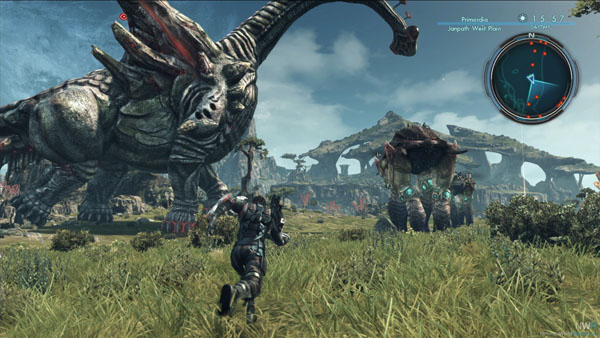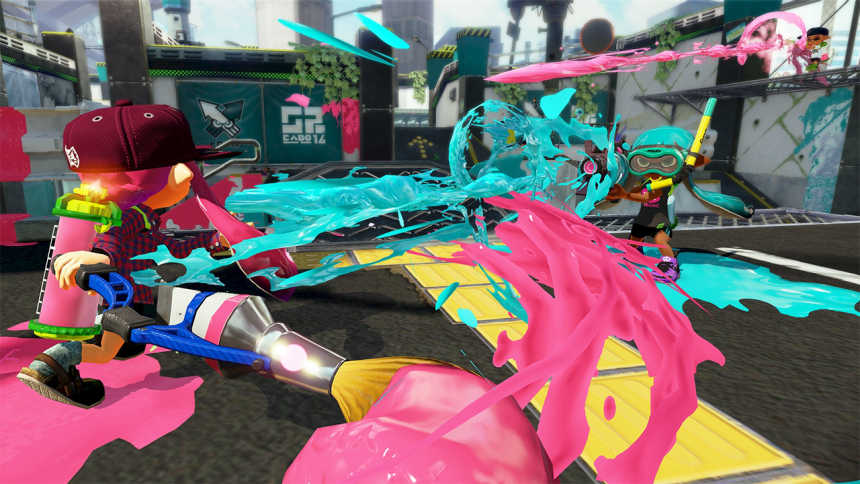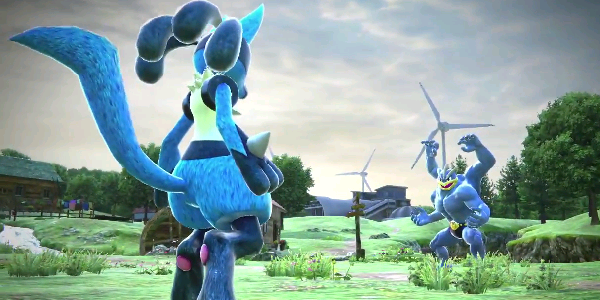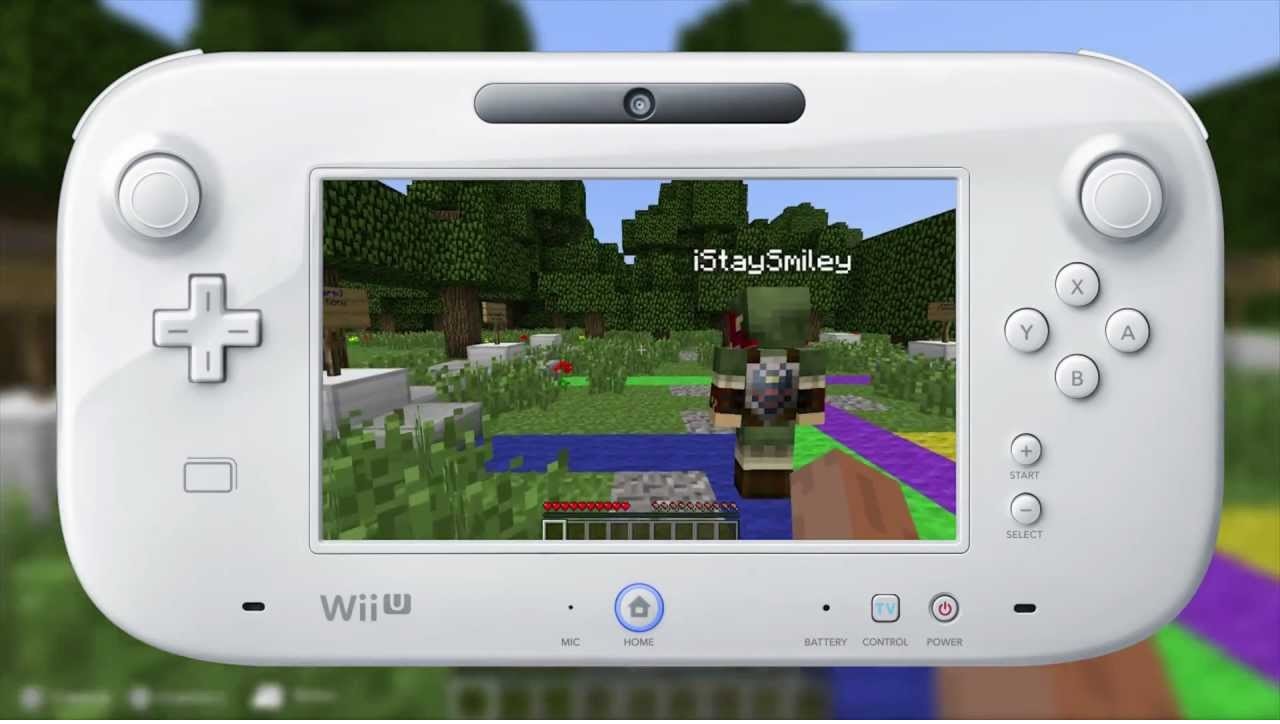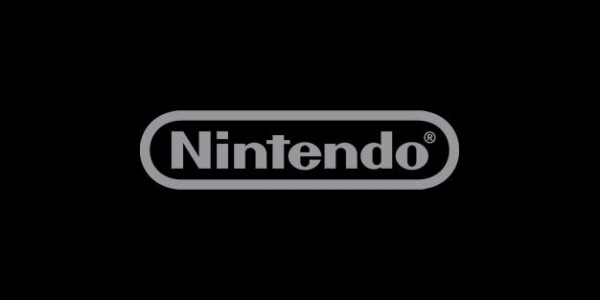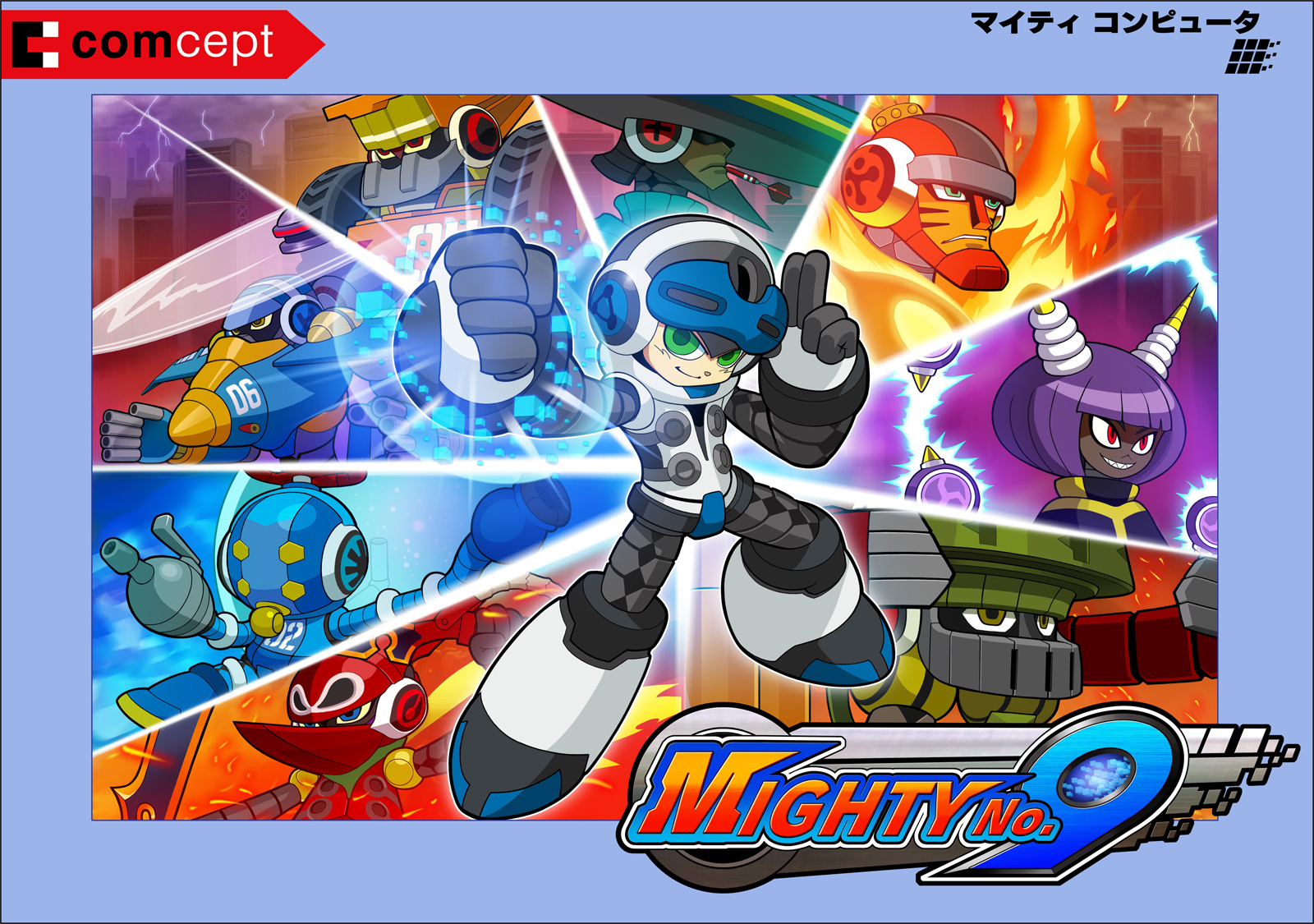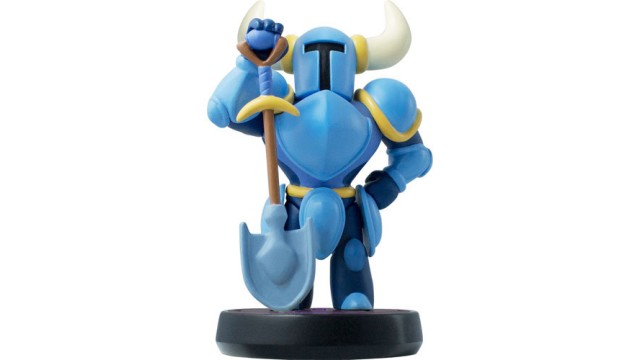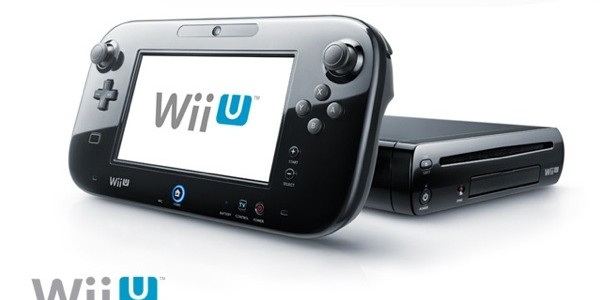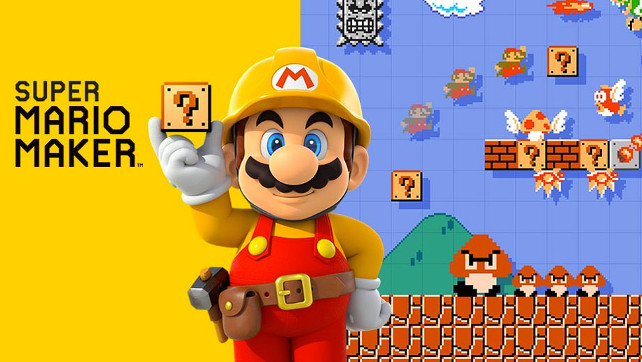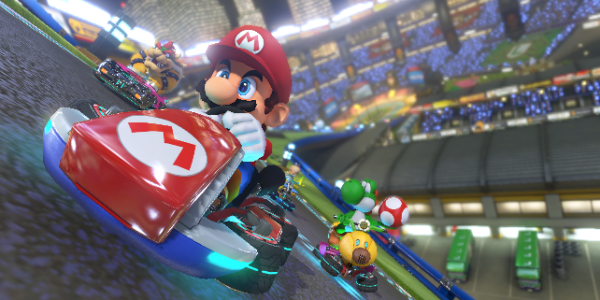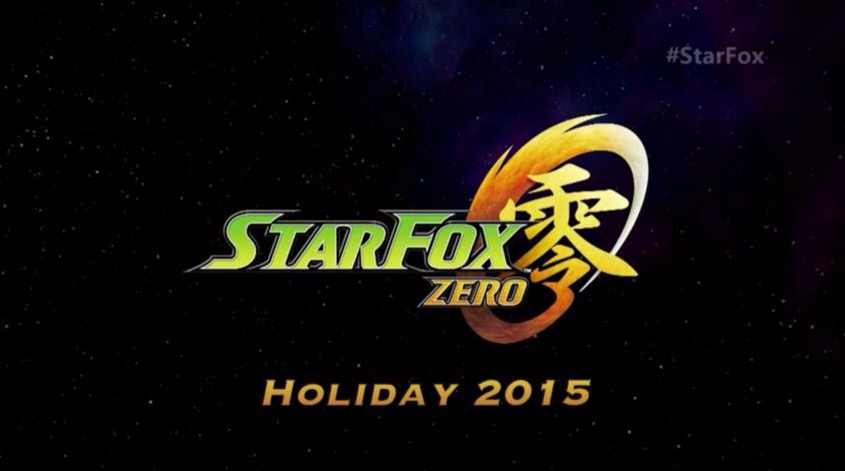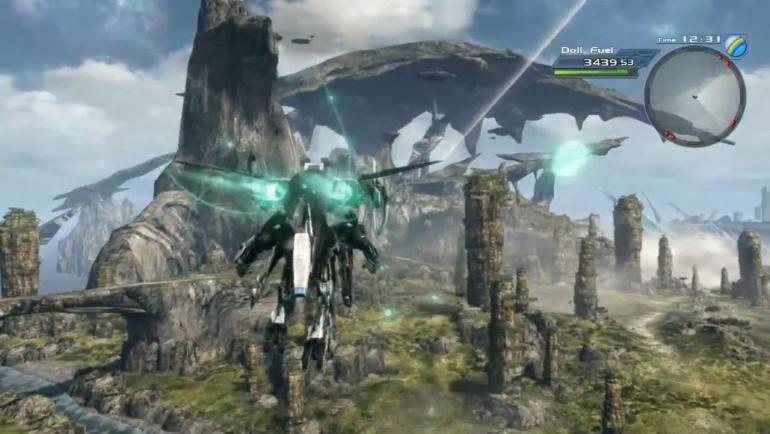Archive Post
Home / Wii U
Xenoblade Chronicles X Offers A Lot To Explore
Traveling across planet Mira in Nintendo's latest Xenoblade game may seem incredibly daunting at first.…
Pokken Tournament Gets Its Own Controller In North America
Ninndo and Namco’s collaborative Pokemon themed fighting game, Pokken Tournament will be receiving its own…
Minecraft Wii U Is Already Among The All Time Top 10 Downloads In Japan
Mojang’s smash hit about your struggle to survive the night all while hissing snake creatures…
Nintendo Unveils The Miiverse’s Top 3 Games For Wii U / 3DS
Nintendo has unveiled the most popular games as measured via traffic on their Miiverse social…
Comcept Unloads A Barrage of Mighty Number 9 Screenshots
Comcept the developer behind the Kickstarted Mega Man spiritual successor Mighty Number 9 has released…
Shovel Knight Amiibo To Be Released January 8th In North America
Yacht Club Game’s Shovel Knight will make his amiibo debut on January 8th in North…
Super Smash Bros. U – Cloud storms into battle!
Some astounding news on the Smash Bros front today. In one heck of an unexpected…
Wii U Emulator Cemu V 1.01 Update Brings Faster Game Loading
Wii U Emulator Cemu Update Brings Faster Game Loading A few weeks ago the world’s…
Super Mario Maker Drives Wii U Sales Up 110% For September!
Sales of Nintendo’s current generation platform, the Wii U increased an impressive 110% when compared…
Hands on with Zen Pinball 2: Balls of Glory | Review
First off, I want to say that I'm a huge pinball fan since I got…
Nintendo Launching Splatoon & Mario Kart 8 Bundle In Europe
Nintendo Europe has unveiled a brand new retail bundle for their latest console which includes…
Star Fox Zero Locks-On To A New Release Date
It looks like Star Fox fans will be waiting just a little bit longer before…
Watch Nintendo’s XenoBlade Chronicles X Panel
Nintendo held an hour long presentation for their upcoming open world RPG Xenoblade Chronicles X…
Star Fox Zero Targets a November Releas Date
Star Fox pilots prepare to scramble towards your Arwings for a November 20th launch date!…

